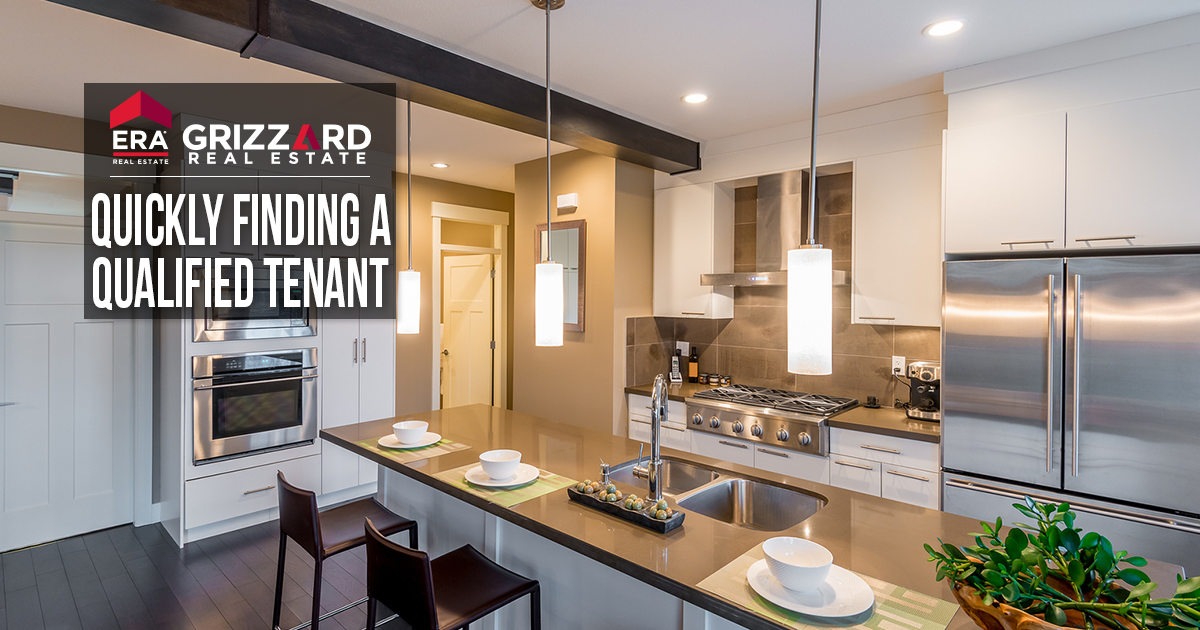
Many of the interactions during move-in and move-out are some of the most important moments a property owner will have with a tenant. Here's a look at the ins and outs of the process for move-in and move-out of a rental property from our Property Management company in Central Florida:
The Importance of Move-In and Move-Out Inspections
Move-In and Move-Out Inspections are the most important times to diagnose and repair all elements of a rental property. Move-out inspections should be extremely thorough, as they both allow you to verify who caused any damage and to make repairs quickly before they become more costly. Move-in inspections are equally important as they set an expectation for an incoming tenant as to the condition of the property and what is expected to be maintained.
Who Benefits From the Inspection?
Both property owners and tenants benefit from these processes. Tenants are more clear on what the state of the property was before they entered and are thus more accepting of any charges after they move out if there have been damages. Property owners can clearly track who has caused issues with their properties. Overall, everyone benefits from clear communication, since this is one of the best ways to avoid later problems in the property.

What's Included in the Inspection
There are many options for what to include on the inspection, and these inspections are usually somewhat specific to the property. For instance, a newer property may need some less thorough inspections of appliances than an income property whose appliances are in the final years of their usable life. An inspection typically covers flooring and walls, fixtures, and appliances in each room of the property to name a few. By verifying the state of everything from light switches to burner pans, the property owner makes the case clear for any assessment of damage.
What to Look For: Diagnosing Damage Versus Normal Wear and Tear
Normal wear-and-tear may include things like lightbulbs that have gone out, appliances that need repairing due to old age, or fading in carpets. However, excessive holes in walls, animal stains, or broken lighting fixtures would be a few examples of repairs that would be above normal wear-and-tear.
It's important to consider this question: did the tenant have to misuse or ignore needed maintenance to make this happen, or was it simply a result of the investment property getting older?
How to Handle the Security Deposit
It is important for the security deposit money to be used for damages only, according to most state laws, since normal wear and tear is usually not a just cause for a deduction. However, it is important to make it very clear to the tenant what you expect when it comes to "cleanliness" at the time of move-out: if they've swept but, for instance, not cleaned the burners, there will be ambiguity over whether or not they have returned the apartment with only normal wear and tear. An excellent plan is to create or use a document that lists all the potential damages and give it to the tenant before the move-out inspection so that they can ensure all things have been noted, repaired, or cleaned before the inspection itself.
The Move-in and Move-Out Inspection ultimately creates a path toward a smooth rental experience where your tenants understand their responsibilities while you can still assess damages that occur. It is worth the time to do them in a thorough manner, and it creates a reputation of professionalism for your property.
Learn what a Property Manager
in Central Florida can do for you:









